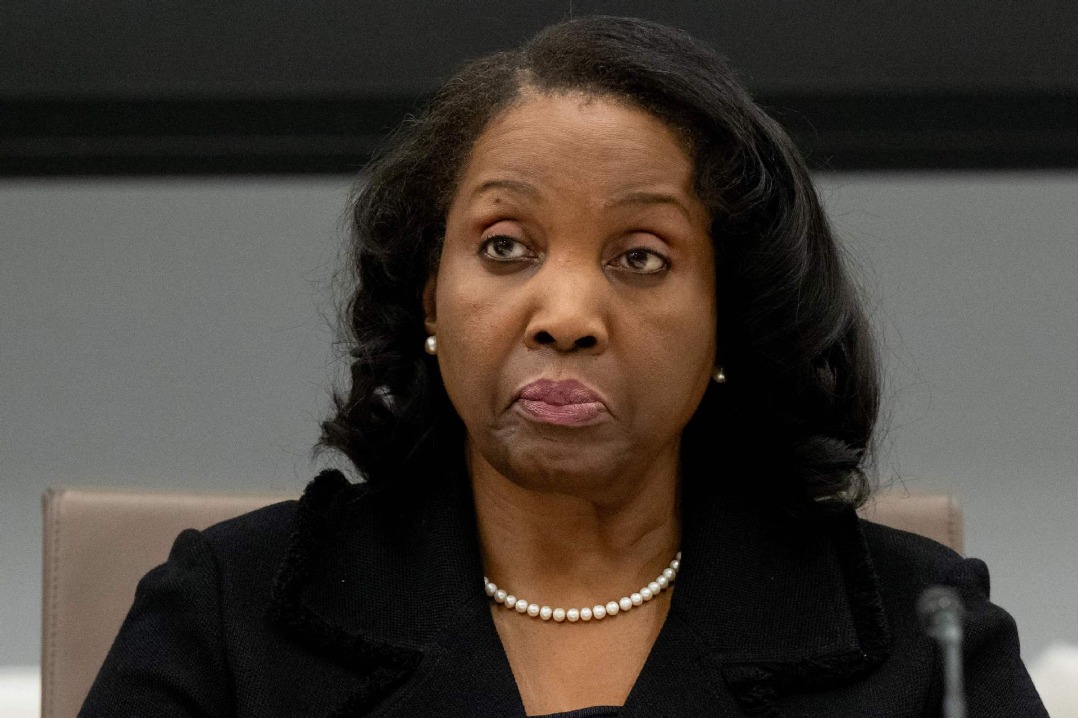African governments urged to back AI in healthcare to ease doctor shortages

African governments have been urged to integrate the use of artificial intelligence in healthcare systems as a means of bridging the growing disparity in the doctor-patient ratio across the continent.
Speaking during the Africa Premier AI Conference, held in Mombasa, Kenya, innovators pointed out that the continent could learn from the successes of China and the United States in scaling up AI-powered medical services, addressing its overstretched health systems, particularly in rural and underserved communities where access to medical professionals remains limited.
Bill Faruki, founder and chief executive officer of AI company MindHYVE.ai, explained that by leveraging artificial general intelligence and agentic AI, clinical decision support systems can assist licensed medical practitioners in diagnosing conditions and suggesting appropriate treatments.
"AI tools can dramatically extend the reach of the limited healthcare workforce in developing countries like Kenya, where one physician may be responsible for over 10,000 to 12,000 patients," he said.
He also pointed out that the clinical intelligence platform enables one doctor to perform the work of a radiologist, hematologist, pharmacist and oncologist, saving patients from waiting months to see specialists.
"A doctor can see 10 times more patients in the same hour, cutting the cost per patient dramatically," he stated.
Faruki, also founder of Chiron AI — an artificial intelligence system designed to support doctors by automating intake, diagnostics and treatment recommendations — said the platform, which is currently in its trial phase in the US, will be rolled out next year. AI-developed tools can be used to support doctors in handling everything from intake to diagnostics, differential diagnosis and treatment recommendations, Faruki said.
Shehma Khan, vice-president of MindHYVE.ai, said the tests are yielding positive results and are effective in managing major ailments.
"Countries like China and the US have shown that with strong digital infrastructure and investment in AI, you can make healthcare accessible and affordable at scale. We are applying those lessons here in Africa, but tailoring them to local needs," he stated.
Mary Kerema, Kenya's secretary of information and communications technology, e-government and digital economy, reiterated the government's commitment to ensuring that AI in healthcare is adopted responsibly, with safeguards to protect patients before its deployment.
"AI is already being used in Kenya," Kerema noted. "But our responsibility is to make sure it is deployed safely, responsibly."

































